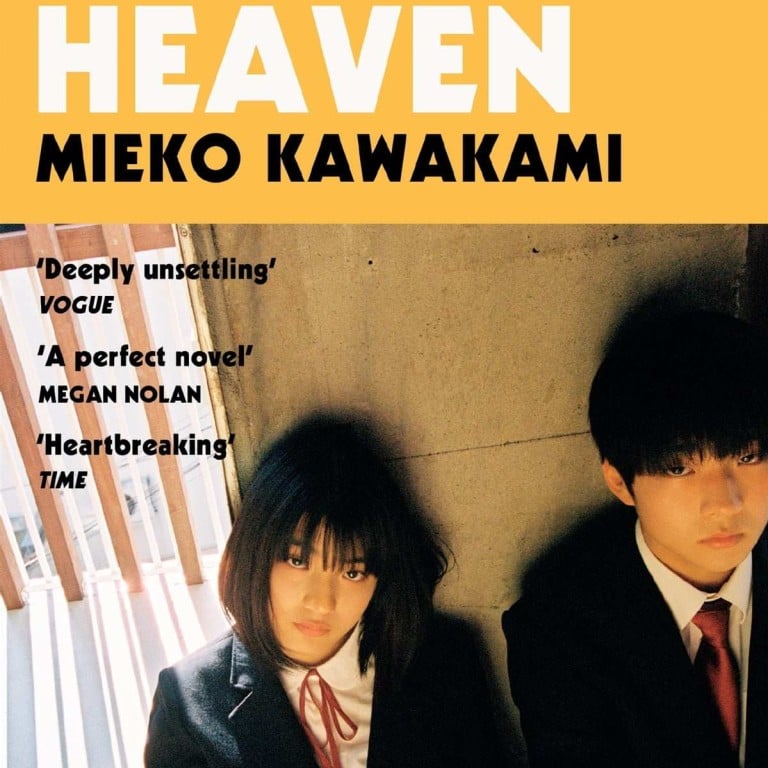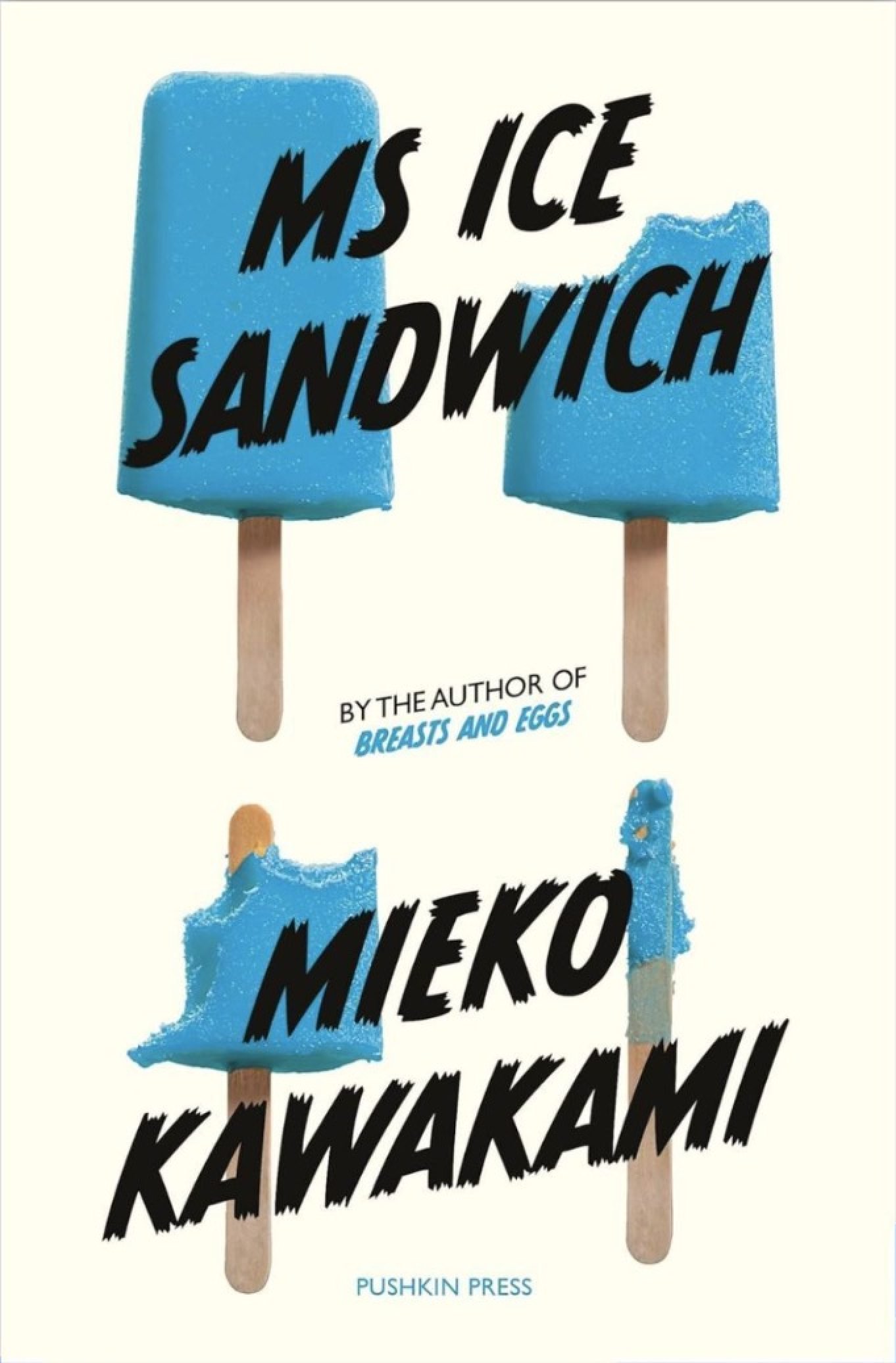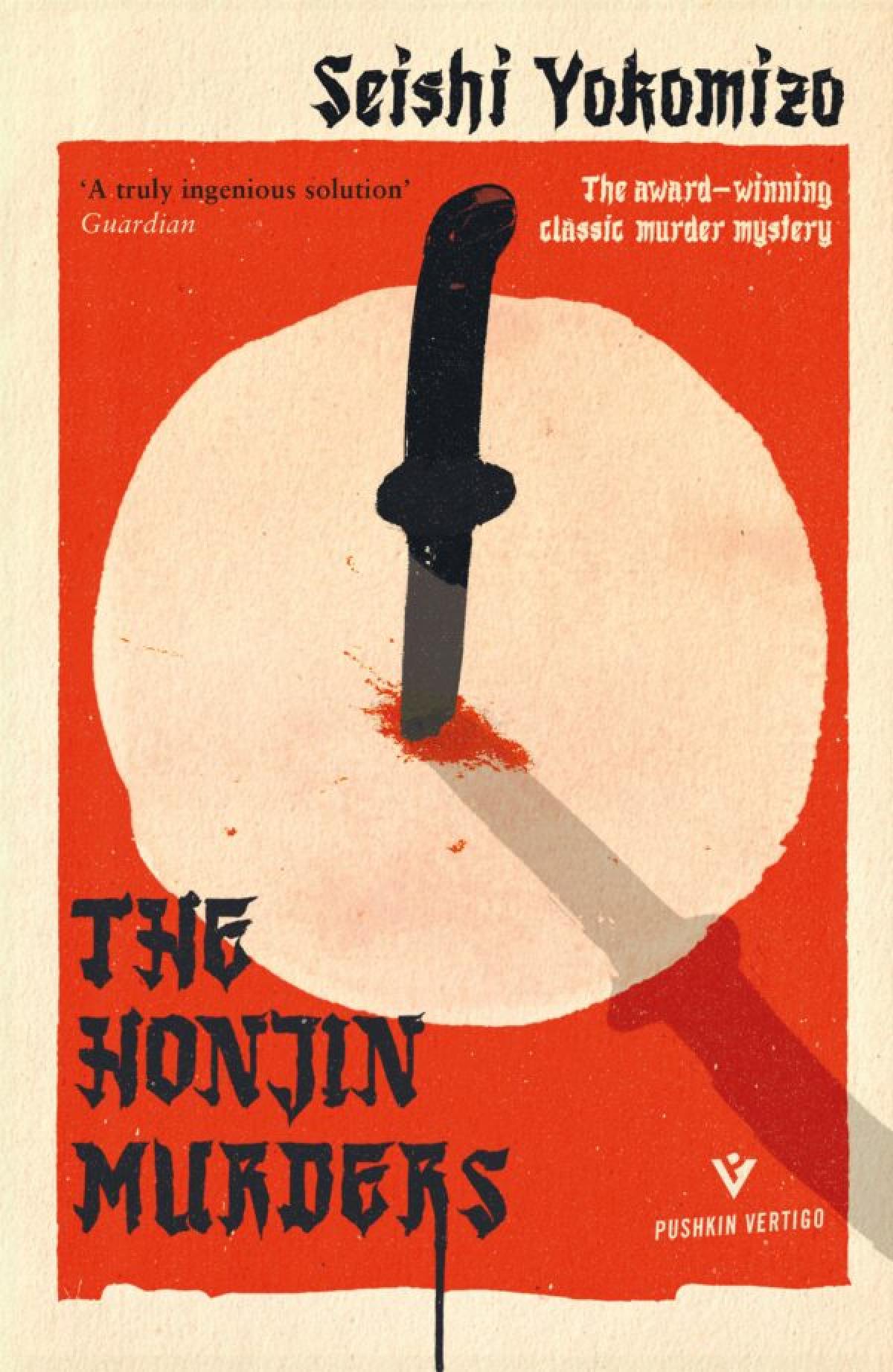
Japanese novels in English translation soar in popularity as TikTok falls in love with stories of authors such as Ryu Murakami and Mieko Kawakami
- Sales of Japanese novels in English translation are booming in the UK – thanks in part to the BookTok community of eager readers on TikTok
- People are ‘genuinely excited’ about reading them, says publisher; getting to see ‘your world through another perspective’ is another factor, he says
In Britain, English translations of Japanese novels are experiencing a boom in popularity thanks to social media, with word of mouth driving book sales.
For British-based publishers like Pushkin Press, this online word of mouth is extremely important for book sales, according to publisher and managing director Adam Freudenheim.
“The books becoming popular on TikTok are [because of] people being genuinely excited about them, not publishers,” Freudenheim said in a recent interview. “If we try to push a book, that’s not what works. It is readers responding to them. It is genuine.”

“In this story, Kawakami explores the powerlessness and callousness of youth with such intensity,” said one TikTokker who gave the novel Heaven four out of five stars.
Why China is falling in love with Korean fiction
Heaven, published in English in 2021 and shortlisted a year later for the International Booker Prize, is about two 14-year-olds who form a friendship based on their shared experiences and trauma of being bullied at school.
Readers are left grappling with what it means to form a friendship based on torment and despair rather than mutual joy.
“I totally understand the hype about Heaven and this author … it was moving and poignant but it was also very difficult to read because of the intense and vivid bullying descriptions,” the TikTokker said.

Others post works by Toshikazu Kawaguchi, Emi Yagi and other authors as their Japanese literature recommendations.
Last year, British newspaper The Guardian reported that of the 2 million copies of translated novels sold in the UK that same year, Japanese works accounted for a quarter of them.

Freudenheim, who joined Pushkin in 2012 and has since published translations from 27 languages, thinks that the readership of English-translated Japanese novels will continue to grow.
Among the Japanese works published in English by Pushkin, the ones that tend to sell well are short novellas by Murata’s contemporaries like Kawakami’s Ms Ice Sandwich (2020); another constant seller is Ryu Murakami’s 1980 novel Coin Locker Babies, published in English in 2013.

Freudenheim believes the appeal of these shorter novellas lies not just in their conciseness but also in their eye-catching titles, which have been translated from Japanese.
For Pushkin’s bestselling Japanese writer, Seishi Yokomizo (1902-1981), the key selling point lies in his “Japanese twist” on traditional British crime fiction, which Freudenheim says makes it “both familiar and different at the same time” for readers in the UK.
Pushkin released the first instalment of Yokomizo’s mystery series The Honjin Murders – originally published in 1947 – in 2019. It has since sold around 200,000 copies of his books.

This is in no small part because of the visual appeal of these books on social media. As such, Pushkin Press has even created a Japanese version of its logo as part of the series’ marketing, Freudenheim says.
“We’re living in an Instagram world,” he said. “With [Yokomizo], our packaging makes the books look intentionally Japanese, and I think there’s also a kind of retro appeal to it.
“We’ve had an incredible response. People love the striking look of those books; they rave about how they look. So, the social media side of it is very important.”

With Pushkin having recently acquired the rights for translations of other Japanese crime writers and contemporaries of Yokomizo, Freudenheim is confident that the market for Japanese crime fiction will be there for the foreseeable future.
“I think the interest here is the aspect of seeing your world through another perspective – it’s totally familiar when you read it, but completely different at the same time. There’s a mix of modernity with tradition,” Freudenheim said.

